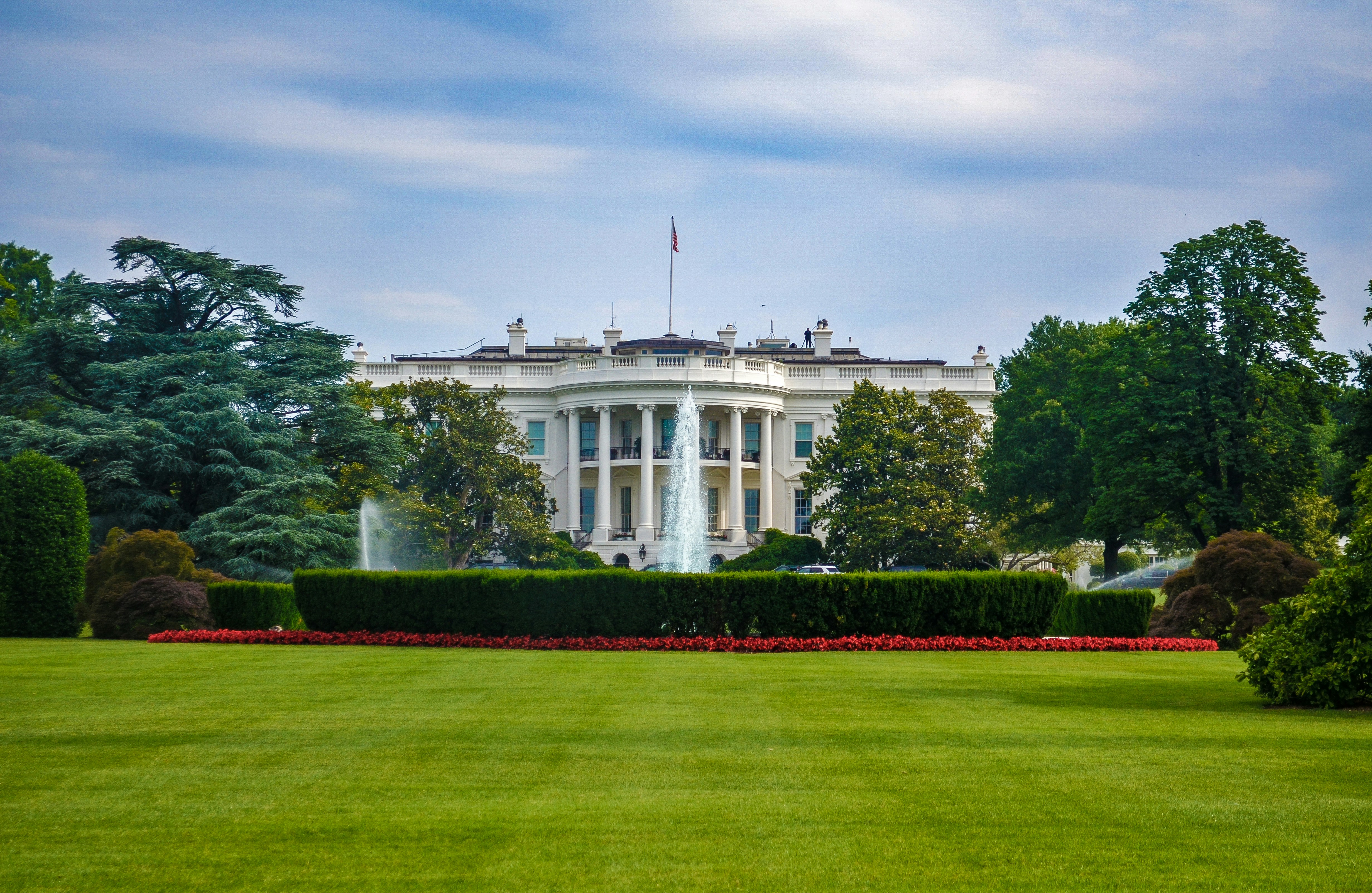Introduction
Cryptocurrency is no longer just a niche financial tool; it has become a cultural and political phenomenon. With blockchain technology and Web3 expanding rapidly, a new voter demographic is emerging: the crypto community. This group is united by its commitment to decentralization, privacy, and innovation. For political campaigns, engaging with this audience offers opportunities to connect with highly motivated and tech-savvy voters while leveraging emerging technologies like blockchain, decentralized autonomous organizations (DAOs), and NFTs.
Understanding the Crypto Community
The crypto community represents a diverse group of individuals ranging from blockchain developers to casual investors. What unites them is a shared belief in the transformative potential of blockchain technology. At its core, blockchain serves as a decentralized database, enabling secure peer-to-peer transactions and applications without relying on centralized entities.
Key concepts such as Web3 emphasize moving away from traditional platforms controlled by corporations to protocols governed collectively. This shift is a central appeal of the crypto ecosystem, fostering creativity, innovation, and a sense of ownership among its participants. For many, crypto isn’t just an investment—it’s an identity and a movement.
The Rise of Crypto Voters
Crypto voters are passionate about issues that intersect with their digital lifestyles, such as privacy, innovation-friendly regulations, and the recognition of digital assets. This group has proven its political influence in recent years, rallying against anti-crypto provisions in the U.S. infrastructure bill and setting records for public comments submitted to the Treasury Department.
Campaigns seeking to engage crypto voters must understand their priorities:
- Digital Privacy:
- Ensuring personal data and transactions remain secure and private is a key concern for crypto users.
- Innovation-Friendly Regulations:
- The crypto community seeks policies that protect their ability to use and develop blockchain technology without stifling innovation.
- Tax Equity for Cryptocurrencies:
- Simplifying tax reporting for crypto transactions is another priority, as current laws often create unnecessary friction for users.
Opportunities for Campaigns in Web3
The adoption of Web3 technologies offers campaigns new tools to engage voters and build communities. From decentralized fundraising platforms to NFTs as campaign memorabilia, the possibilities are vast.
1. Building Communities with NFTs
Non-fungible tokens (NFTs) are more than digital collectibles; they are a powerful tool for fostering community engagement. Campaigns can offer NFTs to supporters as digital badges, representing their participation in a movement. For instance, an NFT could serve as a “digital yard sign,” allowing supporters to showcase their affiliation online.
2. Leveraging DAOs for Grassroots Advocacy
Decentralized Autonomous Organizations (DAOs) enable collective decision-making and funding. Imagine a DAO supporting a candidate by pooling resources to fund specific initiatives, with contributors voting on how the funds are used. While fully decentralized campaign organizations may face regulatory hurdles, hybrid models are already proving viable.
3. Accepting Cryptocurrency Donations
Cryptocurrency donations offer campaigns access to a new funding stream. Accepting crypto can also signal a campaign’s commitment to innovation and its willingness to engage with tech-savvy voters. However, campaigns must navigate compliance with election laws to ensure transparency and legality.
Challenges in Engaging Crypto Voters
While the opportunities are significant, engaging crypto voters comes with challenges:
- Regulatory Uncertainty:
- The legal status of crypto-related activities, including campaign contributions and the use of DAOs, remains unclear in many jurisdictions.
- Skepticism Toward Institutions:
- Many in the crypto community are wary of traditional institutions, including political organizations. Campaigns must approach this audience with authenticity and transparency.
- Early-Stage Technology:
- Web3 tools, while promising, are not yet mainstream. Complexity and technical barriers can limit their adoption among less tech-savvy supporters.
Case Studies: Crypto in Action
1. HODLpac
HODLpac, a PAC tailored to crypto voters, exemplifies how blockchain principles can influence political advocacy. Governed by its supporters, HODLpac uses NFTs to signify membership and relies on decentralized input to shape its initiatives. This approach demonstrates how campaigns can integrate Web3 principles into traditional political structures.
2. Grassroots Movements
Crypto-enabled grassroots movements, such as ConstitutionDAO, have showcased the potential for rapid, decentralized organization. Although not tied to a specific campaign, these initiatives highlight how Web3 can mobilize resources and participants around a shared goal.
The Future of Crypto in Politics
As Web3 evolves, its integration into politics will likely expand. Key trends to watch include:
- Enhanced Transparency:
- Blockchain’s inherent transparency could improve trust in political fundraising by enabling real-time tracking of donations and expenditures.
- Personalized Campaigns:
- Using blockchain-based identity systems, campaigns could deliver highly targeted messages without compromising user privacy.
- Decentralized Governance:
- While fully decentralized campaigns may remain hypothetical, elements of decentralized governance could enhance participatory democracy.
Conclusion
The intersection of cryptocurrency and politics represents a frontier of innovation and opportunity. By embracing Web3 technologies and engaging with crypto voters, campaigns can tap into a highly motivated and growing community. Success requires understanding the values of this audience—privacy, decentralization, and innovation—while navigating the challenges of regulatory uncertainty and technological complexity.
As crypto continues to reshape industries and communities, its impact on political campaigns is inevitable. Those who adapt early will not only gain a competitive edge but also contribute to shaping the future of political engagement.
Want even more news and insights from the pros who make politics happen? Become a Campaign Trend Insider and unlock exclusive, subscriber-only content every week for just $10 per month. Also remember to subscribe to our YouTube Channel for podcasts and additional content.





.jpg)
.jpg)
